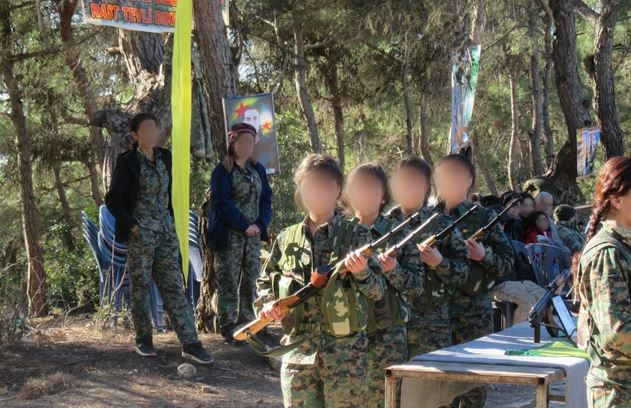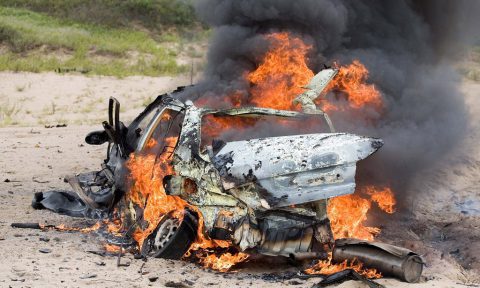The fact that the families of the deceived or abducted members of PJAK (Iranian Kurds) want their voices to be heard, their pain to be seen, and then someone or people to come to their aid and heal their many problems, is a matter to be reckoned with. IKHRW is one of the only organizations to spend special attention to it.
We have reported many times about Iranian Kurdish families who have fallen victim to inhumane rights violations such as enforced disappearances and the employment of child soldiers in militant groups such as the PKK / PJAK.
We also expressed their families’ demands in the form of numerous conversations and reports.
These families want to convey their message to a specific audience, including the Iranian government, domestic and foreign human rights organizations, the media and virtual activists, and finally appeal to the leaders of the PKK / PJAK, of whom we are sure they follow our reporting, as they have mentioned us in their own online meetings several times.
But, it seems that the ear is not hearing and the eye is not ready to see their great sorrow!
These individuals and families of the victims did not find their own destiny, they did not voluntarily get into this situation, and none of them is happy that their child or children were kidnapped or deceived by Kurdish militants.
The Sonia Rouhi family is one of several Iranian Kurdish families involved in these issues who have fallen victim to PJAK’s policy of using child soldiers.
According to Sonia’s father in an interview with Iranian Kurdistan Human Rights Watch, his daughter was only 12 years old when she was deceived by family members that sympathize with the group, and taken to a PKK camp.
Imagine a 12-year-old girl who becomes a member of a Kurdish militia, getting armed and trained, packing a gun that would be about the same size of the child!
The question here is whether the PKK pays due attention to the mental and physical needs of recruited individuals, especially children.
The answer to this question has been provided by the Human Rights Watch of Iranian Kurdistan in the form of numerous conversations with the families of victims and, of course, members who have defected from the PKK and PJAK.
No, not only are children not raised in the PKK environment according to their age, but instead of the warm embrace of their family, they are surrounded by strangers of different ages and sometimes with different languages, in an environment that not only lacks in security, but is also entrapped in internal competition to quickly receive a higher rank.
Instead of pen and notebook, these youngsters take up arms, do unpaid hard labor, such as moving supplies, preparing and digging caves for the winter, guarding duty for commanders, and take part in military activities, and shooting training courses.
Oftentimes, these young people fear escaping. Most defectors are well in their twenties when they finally dare to return home.










